
In the last 24 hours, the U.S. has observed the eleventh anniversary of the 9/11 attacks; a violent mob has assaulted the American Embassy in Cairo, ripping down the stars and stripes and attempting to raise an al Qaeda flag in its place (while the embassy staff tweeted their abject apologies); and an organized attack has been carried out on the American consulate in Benghazi, Libya and on a compromised safe house to which staff were to be evacuated, resulting in the deaths of four Americans, including U.S. Ambassador Christopher Stevens, who became the first ambassador to be killed in the line of duty since the Carter administration.
Suddenly, the world is burning. Protests (currently nonviolent) are also being held at the U.S. Embassies in Tunisia and Sudan, warnings are being issued for Kuwait, and Afghan president Hamid Karzai has added his voice to the mix with remarks that “could be read as a go-ahead to stage violent protests” in that country, as well. Add to that the developments in Somalia, where a new president was elected and an assassination has already been attempted, also within the last 24 hours, and fires are raging from the Horn to Northern Africa.
In the cases of Libya and Egypt, a perceived slight to Islam by westerners — in this case, a film posted to YouTube — has once again been used as an excuse for mass violence by a number of foreign Muslims whose defenders seem unwilling or incapable of holding them to the same standard of behavior, self-control, and human decency that the rest of humanity is expected to live up to. The words and actions of Terry Jones and others are detestable, and are certainly intended to shock and to provoke a reaction — but when the reaction is mass rioting, armed attacks, and murder, the original exercise of free speech (however detestable it might be) is no longer the issue.
Blasphemy — perceived or real — is taken more seriously in some quarters of the world than most Americans (or westerners) will ever be able to comprehend. Likewise, we take the God-given right to freedom of expression that we enjoy here more seriously than many elsewhere will ever understand or comprehend. The comparisons end, though, when the line between words and physical violence is crossed.
When it comes down to it, we believe that freedom of expression is a fundamental human right (as opposed to the ruling Muslim Brotherhood in Egypt, for example, which declared that the film in question “goes far beyond all reasonable boundaries of the freedoms of opinion and expression”). People certainly have the right to be offended at that expression, but assault and murder are neither fundamental rights, nor appropriate, acceptable, legal, or human responses to the exercise of free speech.
As all remember, Libya was the beneficiary of controversial American intervention and assistance in its people’s fight against Qaddafi last year, with Ambassador Stevens serving as an envoy to the National Transitional Council — in other words, working in the role of the new Libya’s best American friend. While its government and security forces were unacceptably unable to protect the American consulate from attack or America’s ambassador from murder, Tripoli has spoken up, deeply apologizing for the incident and promising to find and prosecute the attackers, at least some of whom were members of one of Libya’s several Ansar al-Sharia salafi groups. The Egyptian administration of Muslim Brotherhood president Mohammed Morsi, on the other hand, has so far been silent on the assault on the American Embassy in Cairo.
This is a very difficult situation for the U.S. government to respond to, but it is critical that the response be both timely and correct. When the Obama administration was evidently too preoccupied with other activities to take the “3 a.m. phone call,” the U.S. Embassy in Cairo provided an object lesson in what not to do yesterday, as representatives tweeted condemnation not of the assault, but of the freedom of expression that provoked it — then tried to delete the tweets as outrage built over their apologetic attitude that prioritized the sensibilities of some above rights for all. Several hours later, Secretary of State Hillary Clinton spoke out, disavowing the Cairo Embassy’s communciations and big-footing the ambassador by completely re-stating the U.S. attitude on the matter.
While that was ongoing, militants were carrying out a coordinated assault on the U.S. consulate in Benghazi, killing at least four. The president finally released a statement shortly after 8 a.m. eastern time, in which he “strongly condemned” the killing of Ambassador Stevens and promised to increase security at American outposts worldwide. No mention was made of Cairo, nor of what would constitute justice following these attacks. Obama also said “the United States rejects efforts to denigrate the religious beliefs of others” — a far better statement than the Cairo Embassy’s condemnation of the exercise of free speech, but one that is interestingly contradictory with the current administration’s domestic policies, particularly regarding Catholics in America.
In his 2009 “speech to the Muslim world,” delivered in what was then Hosni Mubarak’s Cairo, Nobel Peace Prize winner Barack Obama declared that his goal was:
to seek a new beginning between the United States and Muslims around the world; one based upon mutual interest and mutual respect; and one based upon the truth that America and Islam are not exclusive, and need not be in competition. Instead, they overlap, and share common principles — principles of justice and progress; tolerance and the dignity of all human beings.
Once again, a small number of Muslims has shown that they are not deserving of such benefit of the doubt — and, as has been the case in the past, their actions will inevitably color westerners’ views of their religion and societies at large. On the eleventh anniversary of 9/11 — when crowds in the Arab world took to the streets to cheer Osama bin Laden’s murder of American civilians — a small but violent number of Muslims once again attacked America.
Since the beginning of the Arab Spring, the Obama administration has seemed unsure of itself with regard to Middle Eastern and North African policy, sometimes acting without thinking things all the way through (as in Libya), and sometimes standing by and watching events happen (as in Egypt). With one new government, while appreciably apologetic, unable to protect America’s diplomats and consulate building, and with another unwilling to speak up at all about the assault on sovereign territory within its borders, the outcome of America’s policies toward these two Arab Spring states is currently looking grim at best. Further developments will have to be watched closely, as Egypt’s Muslim Brotherhood has called for more widespread protests against the offending film.
The world is burning. Whether this is mere kindling, with a much larger fire to come, remains to be seen. We can only hope that it is not — and a key to ensuring that is the case will be a much more coherent and timely response to events from the current administration than has been present to date.

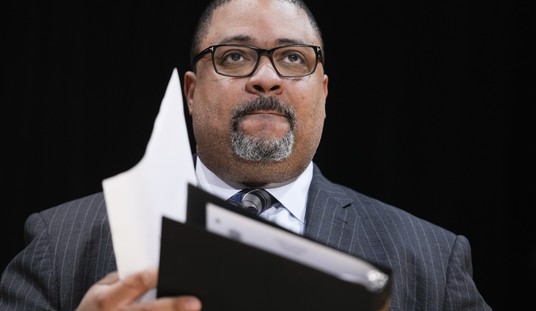

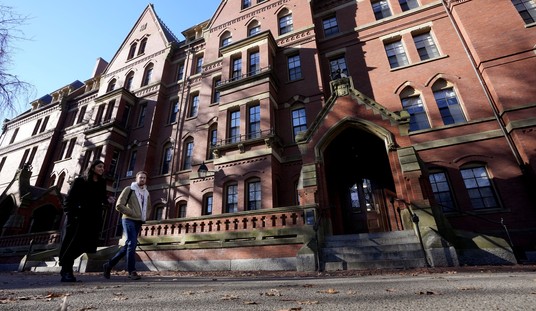
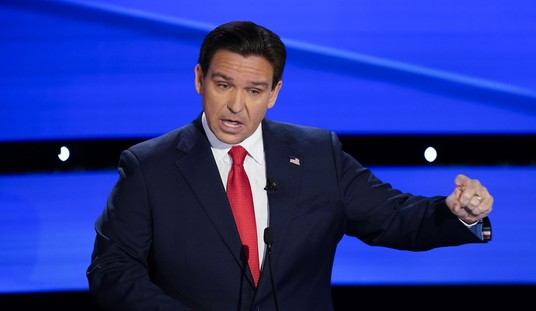
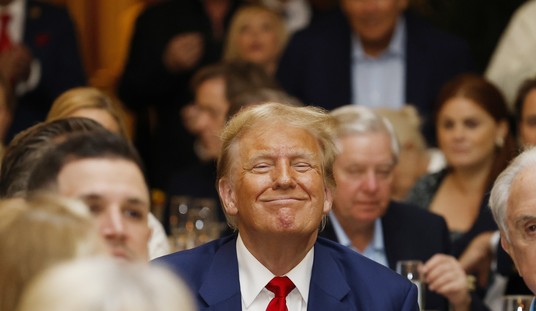

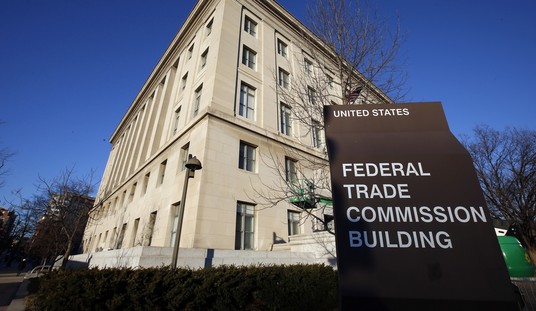


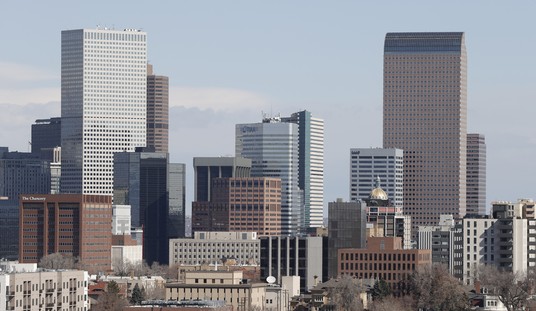

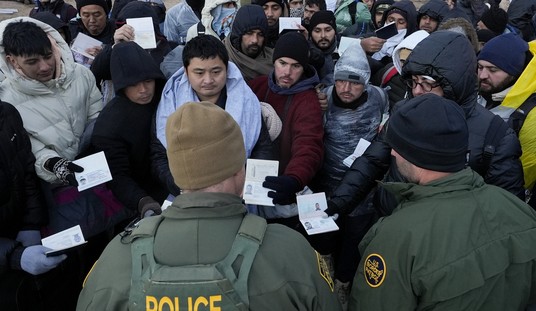

Join the conversation as a VIP Member